Sportplan rugby has played a large role in my team's love for the game!
My team takes 15min to really start playing... what should I do? These are high school boys that have never played the sport before. After a few games, they play really well in the 2nd half but by that time we are down 2 or 3 tries. Is it a warmup issue? Nerves? Any ideas?
I need ideas for fun team building activities and any fun games to help towards team building. Has anyone got any ideas on what to do? Anything to spice up rugby training sessions in the dark, cold winter nights.
I have just started helping our head coach with under12's team. He wants to retire and has put me forward to be head coach next season. I am a little worried on how i should aproach training with the boys, going to a full 15 a side team on a full pitch. Any ideas would be greatly appreciated.
Hey there everyone. I'm taking on a head coaching role for a collegiate women's side that is about 35-40 players deep. I'm looking for any general planning strategy that can maximize keeping everyone engaged and active in the practice with as little standing around as possible. Any tips or way ahead is greatly appreciated, cheers.
Does anyone have any good hints / tips / suggestions for getting a team (Under 18's Male Rugby team) fired up before the game? The problem we are having is the boys don't switch on to the game 10 / 15 / 20minutes into it. We start 1 hour before kick off with a dynamic warm up, drills, moves for the day then back in 10mins before kick off to put shirts on and captains words, then out for kick off.
I have started an under 10s team up, and I would say about 8 from the 13 children I have , did not play rugby until about 6 months ago. Of these players, there seems to be a lot of potential, as we are scoring tries against teams, that very rarely concede tries.the problem I got with them, is that we are very poor at organising our selves in defense when the opposition has the ball, which does result in us conceding quite a few tries. We have some very good tacklers in the team. Can anyone offer some ideas on how I can get them to organise themselves? Thanks . Chris.
Positional rotation at U9 level... I originally posted this as answer to a question about squad rotation, but thought I might get a better response if I posted it as a question in its own right... I have an 8 year old at the age level you are talking about - he isn't the best player at the club by any means, but has his good moments. He loves watching the game, he has a good understanding of the way it is played (to the extent that he has often shouted at the telly over recent weeks at some of our illustrious stars when they're out of position) and he has good handling skills - to be honest he's just not brave enough in the tackle yet, but I know it'll come so I'm not making a big thing of it. However, he and a couple of others are constantly stuck on the wing, and are getting fed up with the fact that they don't get the opportunity to get involved much. The coaches seem to have their "big names" and as you say seem more interested in the short term aims of winning each game rather than trying to keep the lads interested and challenged each week. I know my son's aware that I think they should move them all around, although I have made a point of not criticising the coaches at all - I think he heard me talking about it to someone else. The coaches have talked about moving players to different positions, but haven't done it, and aren't really receptive when they are asked about it. There are two coaches, and the one that seems to have the "casting vote" is pretty autocratic and doesn't seem to accept criticism or suggestions. My son has mentioned about moving to another club, where he may or may not get more of a chance to shine, but I am not sure this is the right move as it may teach him to give up rather than sticking with something. Any thoughts please?
It's my first time coaching a rugby team is there any tips and information of your experience in coaching ???
u12 boys team.. looking to do 90 min team building session in a hall.. large group of 30. kids and coaches.. any recommendations for activities and games that don't need buying equipment or investment.. that like promote cross friendships..bonding..Communications..fun
My U11's are a mixed bunch when it comes to tackling. Some very good, most OK, some ...hmmmm... enough said. Been through all the drills and when we break things down, go back to basics, everything appears OK, but it doesn't always transfer into the game. Any ideas on small group games that will allow me to combine technique with confidence?
I'm coaching and reffing U11 rugby and one of my players is the definitive 'big lad'. His 'strength' is his size and his power, but last weekend he didn't seem to get reffed fairly. The opposition couldn't tackle him down, one on one and when another two joined in to make a mini maul, that didn't slow him down much either. The ref then let other people join in the (one sided) struggle to tackle him down, which seemed very unfair as A) it's outside the laws of U11 rugby,, B) it makes it nigh on impossible for him to offload, C) when he is brought to ground, he has 4-5 players all over him and he got pinged for 'holding on'. He is a recent arrival to rugby and it was our first game for a couple of months, so the situation hadn't reared his head before. We are keen that he learns all of the core skills of rugby and doesn't get used as a battering ram, but after seeing a pack of hyenas trying to pull down the big fella, something just didn't seem right to me.I'd be grateful for any thoughts and opinions.
Getting quite frustrated that my u10's are not using the space on the pitch and tend to bunch up. Despite various drills and game scenarios to force them to spread out and pass to someone in space they revert in any game to bunching up around the ball and taking it back into the thick of the opposition rather than looking left or right! Any ideas how to change their ways?
Our H.S. boys are flat at the beginning of the game and seem to take 10 minutes to start playing efficiently. We have tried various pregame warmups to correct this but to no avail. I look forward to your suggestions as to the best way to correct this issue.
Ask a question and have it answered by Coaches from around the world and IRB Educators.
I have read U11 RFU rules but would like clarity on the kick off/re-start. If the ball is knocked on at the re-start is it a/ a scrum put in to the team that knocked on, b/ play continues or c/ scrum put in to attacking team? Thanks for any help.
Does any body have a plan on how and why Squad rotation works when you are running 3 teams, A,B,C to ensure that the best players from the lower teams get to move up and down through the other teams. It is not expected that the C team players will rotate to the a team but we want to try and capture the better players from B and C and rotate them up to the team above.
We have open this thread to continue the discussion on Player Empowerment started in the Coaches Hot Tip in this month's newsletter. If you missed it, here it is again. There is no doubt that if you want your team to be successful, you need the players to make decisions on the pitch for themselves. We know that if a team is used to getting the answers to problems on the field from the coach, it will mean that they will hesitate and look to the touchline before commiting to an action and that, of course, will be far too late! The coach can still influence things but once the game has started it is a fairly minimal influence, during the game it must be the players who react to situations as they happen and make decisions immediatley. Therefore, it is essential to have leaders in the team who feel confident about making decisons in the heat of the battle. They need to know that even a wrong call is better than no call. They should feel that their coach will support them in making a call and, if it was not necesarily the best decision, will help them make a better one next time without being too critical. Ideally, the leaders and decision makers will be at key positions in the team where they can communicate with other players as well as influencing play themselves. Key positions are Numbers%3A 2; 4/5; 8; 9; 10 and 15. This is often referred to as "The Spine or Backbone" of the team. This is not to say that a good captain and leader can't be in another position but if they are, for instance an 11 or 14, they will need good co leaders in the key positions to communicate their decisions during a game. To develop this spine to operate as leaders, the coach should involve these players in discussions about how the team are playing - making them feel some ownership and responsibility for the teams performance. They could also be involved in unit practises, for instance the 2 and 8 could Normal 0 false false false MicrosoftInternetExplorer4 occasionaly lead part of a line out practice, once the coach has agreed with them what the practice needs to achieve. The coach is not giving the players complete control but rather, allowing them to be involved in the process of team development. Obviously, the age and ability of your team can affect how far along this path you can go but, even with players as young as Under 8's, I have found that delegating some responsibility is a really effective way to build a cohesive and well functioning team! Let me know your thoughts on this type player empowerment. Good luck Simon
u19 scrum rules
Ask a question and have it answered by Coaches from around the world and Sportplan's team of Experts.
what are the rules of tag rugby?

in more ways than one
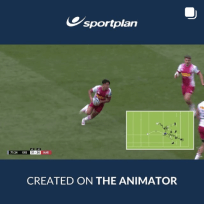

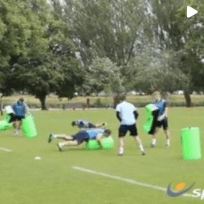
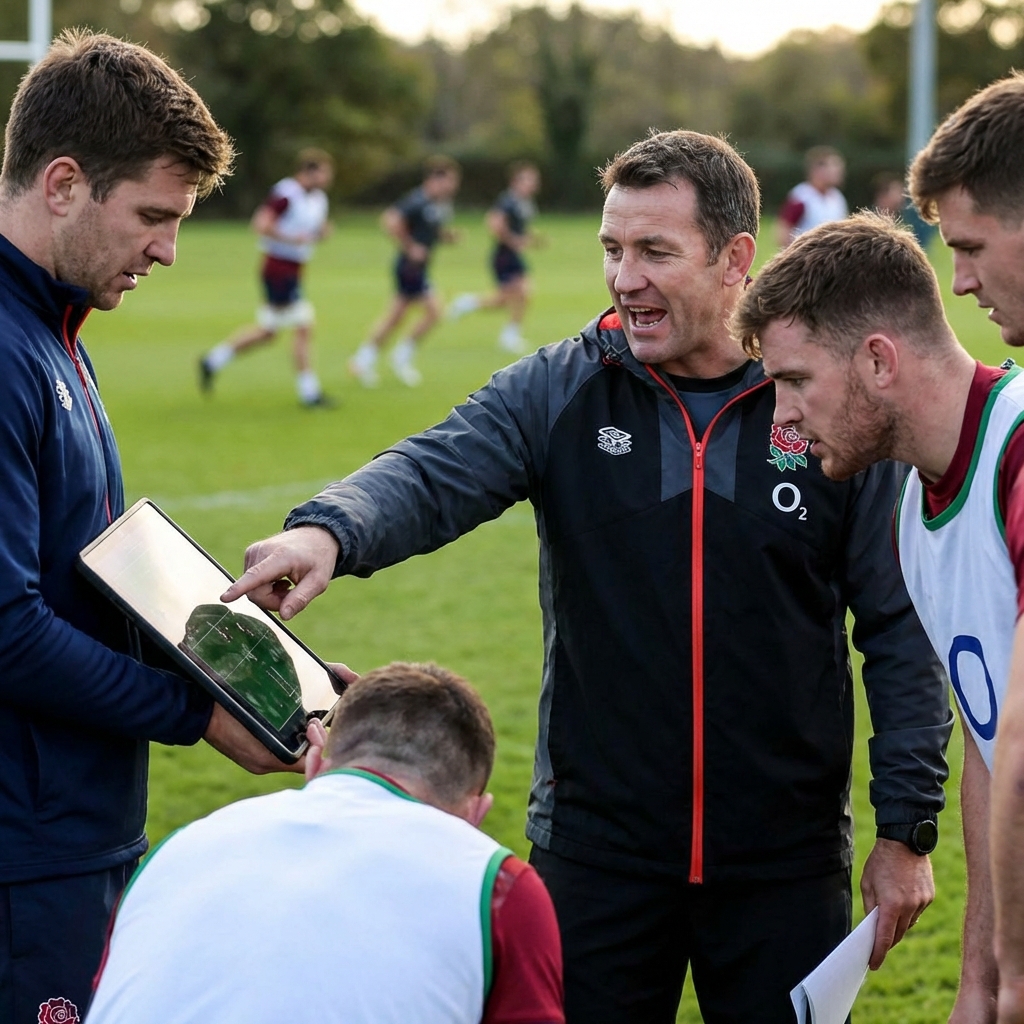
From France's collision dominance to England's folding defence - what grassroots coaches can learn from the 2026 Six Nations.
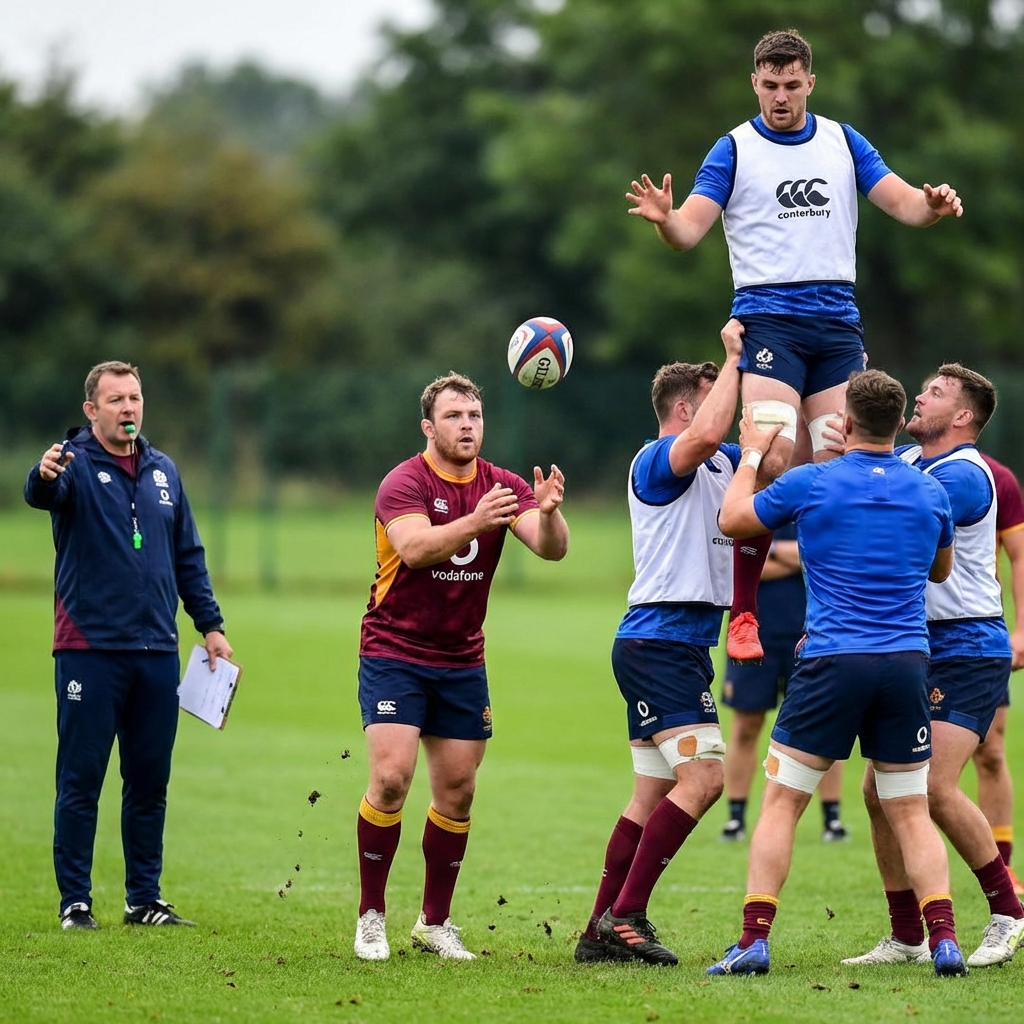
The removal of "not-straight" on uncontested lineouts transforms your set-piece options. Here's how to exploit the new rule.
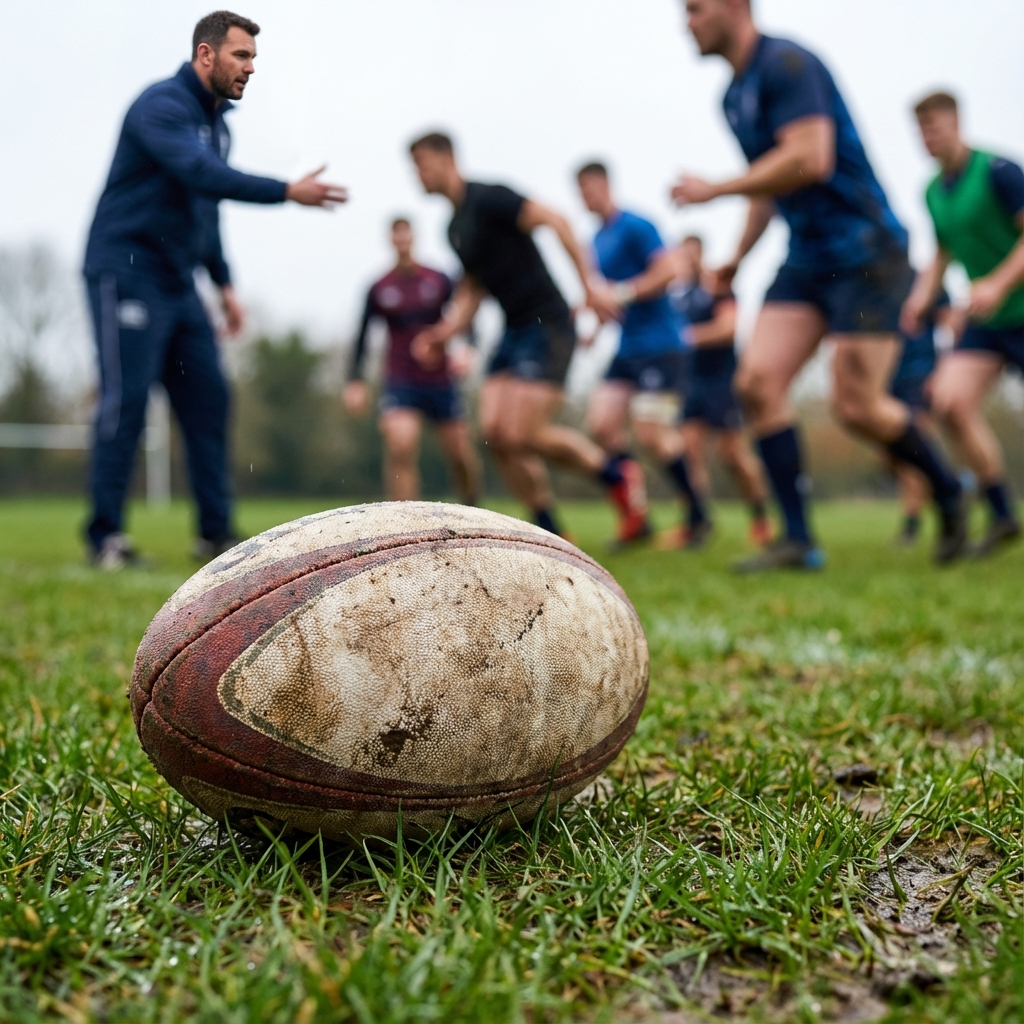
2026 brings revolutionary changes to international rugby: a brand new global tournament, historic tours, and law changes that will reshape the game. Here's everything coaches need to know.
Coaches from around the world look to Sportplan for coaching confidence.